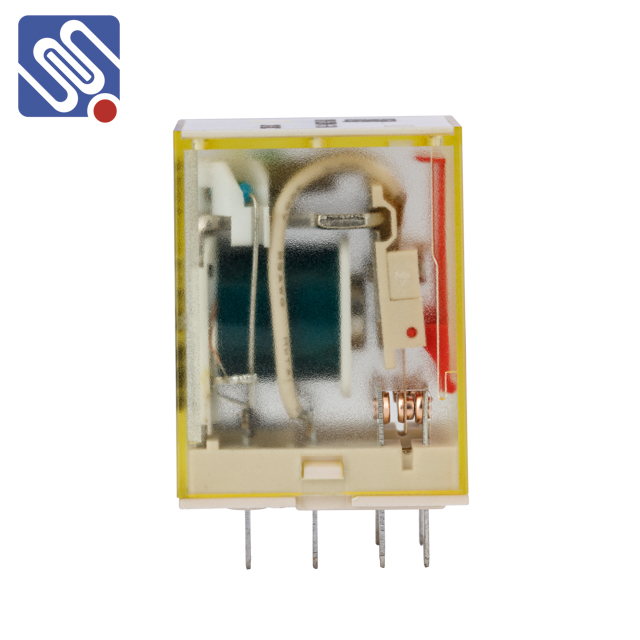


A relay operates by using an electromagnet to open or close a set of contacts, thus enabling the flow of current. These relays come in a variety of types, including electromagnetic, solid-state, and thermal relays. The most common applications for industrial relays include motor control, alarm systems, and even sophisticated control systems in automated environments. Their widespread use is driven by their reliability, efficiency, and cost-effectiveness, which are crucial for operations that demand continuous performance under harsh conditions.
One of the key characteristics of industial relays is their ability to protect sensitive equipment. For instance, when overloads or faults occur, a relay can break the circuit to prevent further damage. This makes them invaluable in industries where downtime can be expensive, such as in manufacturing plants or power grids. Additionally, relays can be programmed to monitor specific conditions such as temperature, pressure, or voltage levels, ensuring that the machinery operates within safe parameters.r Industrial relays are vital components used in various applications across industries to control electrical circuits. These electromechanical devices act as a switch, allowing a low-power signal to control a higher-power circuit, making them integral to automation, safety, and energy management. Their ability to handle both AC and DC signals with reliability and precision has made them indispensable in sectors such as manufacturing, telecommunications, and power distribution.